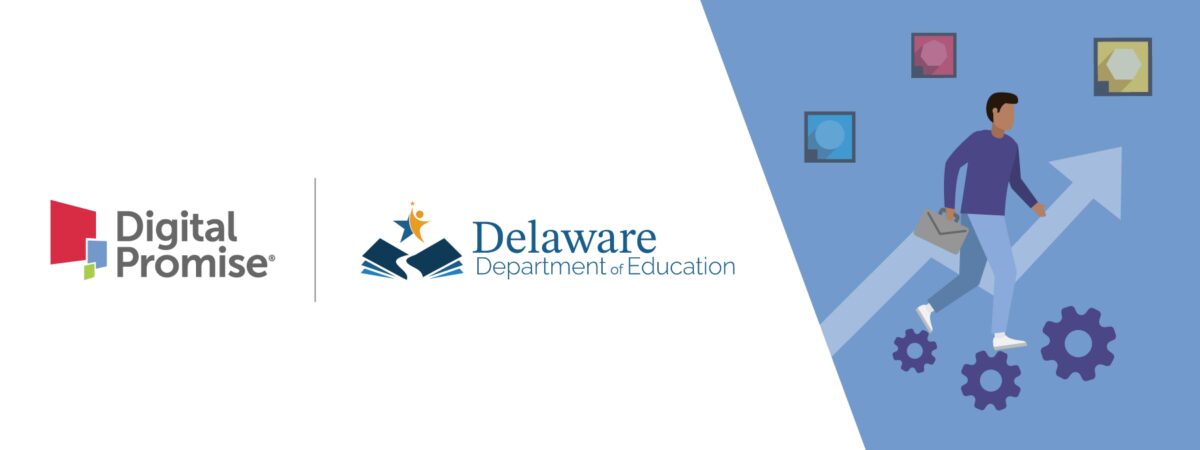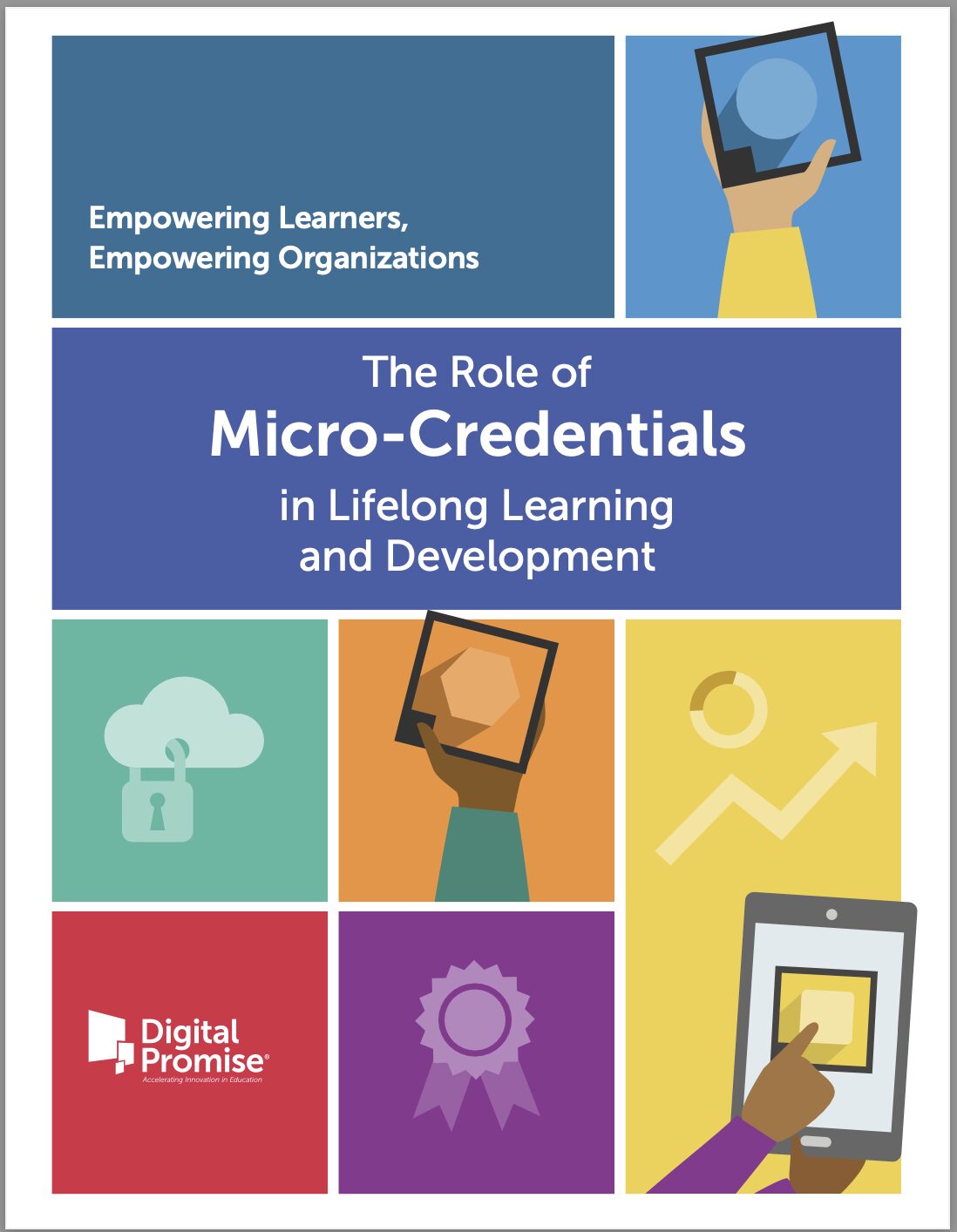
The move toward multiple pathways grew directly out of educator feedback. Teachers expressed a clear need for professional learning that allowed them to demonstrate what they already knew rather than sitting through required training that didn’t reflect their experience or expertise. Micro-credentials quickly emerged as a natural fit. They offer educators a way to demonstrate specific competencies through evidence-based submissions while engaging in a self-directed, reflective learning process.
—Dr. Alyssa Moore, Digital Learning Office for Curriculum, Instruction and Professional Development at the Delaware Department of Education
Instead of a top-down mandate, the program grew organically, driven by educators and content experts who saw the value of giving teachers greater autonomy and flexibility in their professional growth. Initially, multiple learning pathways for educators were developed to pursue learning in alignment with the Delaware Early Literacy Plan. As the literacy plan took shape, leaders in other content areas such as world languages, health and physical fitness, and digital learning began adopting similar models to recognize skills in a personalized, competency-based assessment approach. That philosophy has since extended into the new teacher induction program, which incorporates micro-credentials developed by the National Education Association (NEA). Across all initiatives, Delaware’s definition of a micro-credential aligns closely with Digital Promise’s—honoring the various ways educators build and demonstrate their skills.
—Ashley Miller, Credentials Program Manager, Digital Promise
To help educators and leaders navigate this new learning landscape, Digital Promise worked with the Delaware team to develop a comprehensive micro-credential toolkit. The toolkit explains what micro-credentials are, how to engage with them, and what it means when an educator earns one. It was designed for all levels of the education system—teachers, coaches, administrators, and district/charter school leaders—so that everyone has a shared understanding of how micro-credentials fit into Delaware’s professional learning ecosystem. Social media, email campaigns, union networks such as the Delaware State Education Association (DSEA) have all been engaged to help drive awareness of the toolkit and learning opportunities. This broad outreach helps ensure that educators across the state know about the opportunities available to them.
As the program continues to expand, Delaware is launching new micro-credentials in areas like health and physical education, with additional topics planned for the future. Across all efforts, DDOE has maintained focus on meaningful, standards-aligned professional learning opportunities that respect educators’ expertise, provide flexibility, and promote continuous growth. By offering multiple pathways, including micro-credentials that validate real-world practice, Delaware is redefining what professional learning can look like.
The Digital Promise Micro-credential Platform has over 600 research-backed, competency-based micro-credentials from more than 100 issuers waiting to be discovered. Reach out to microcredentials@digitalpromise.org if your organization is interested in developing a micro-credential for your community.
Digital Promise has been a pioneer in competency-based micro-credentials and has more than 10 years of experience in supporting organizations with their micro-credentialing needs. Check out this eBook, The Role of Micro-Credentials in Lifelong Learning and Development: Empowering Learners, Empowering Organizations, a comprehensive resource accessible to all interested in understanding micro-credentials.
